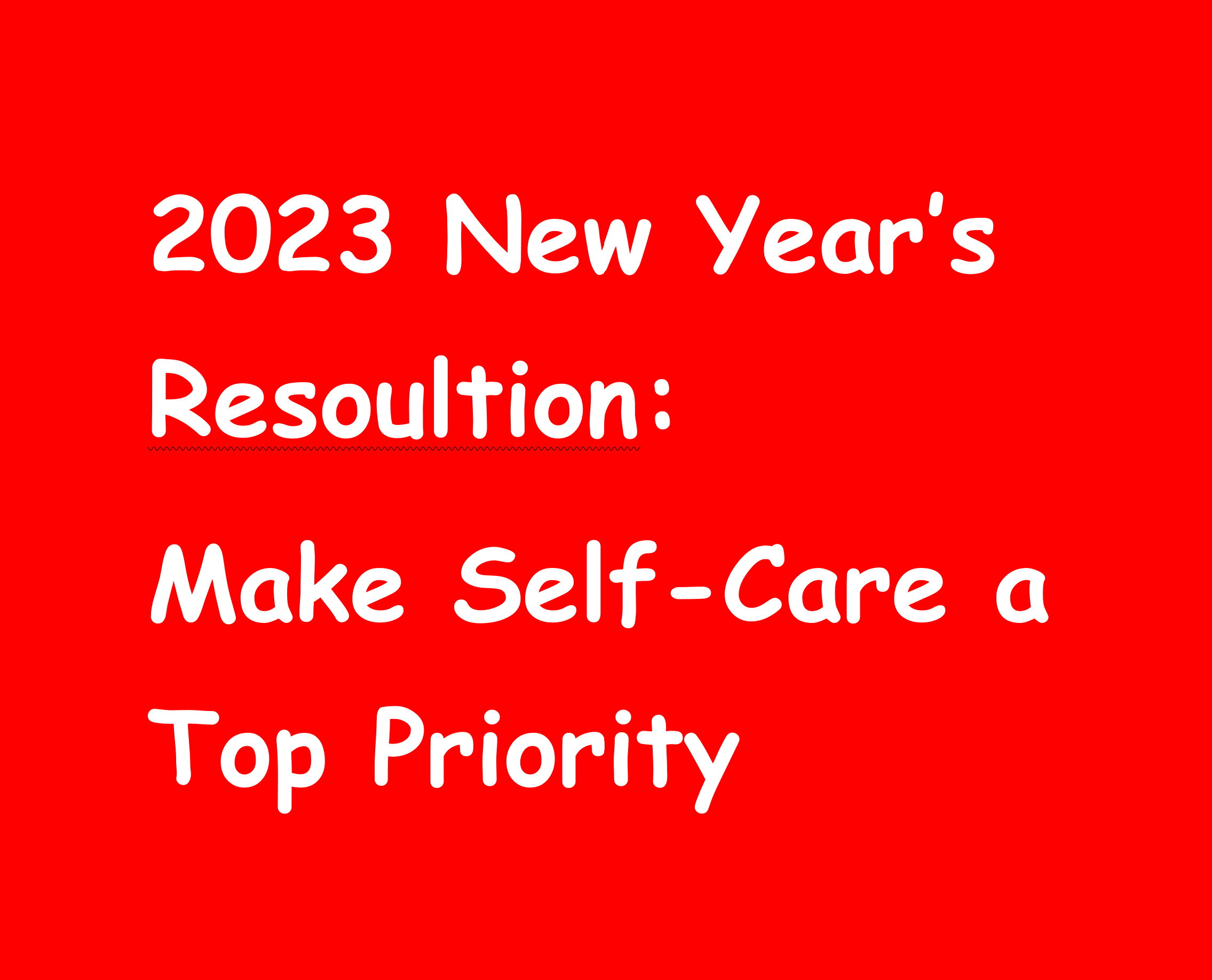
Happy New Year ! For millions, the start of a new year is the time for making resolutions, i.e. things that folks resolve to do to improve their lives.
Losing weight, exercising more and stopping smoking perennially top the most mentioned goals. BABY STEPS : An Effective Way to Approach Your New Year’s Resolutions. — | Pastoral Counseling Syracuse NY (revmichaelheath.com)
While all worthy endeavors, this year, I suggest that your efforts be about improving your mental health by focusing on self-care/mindfulness. Indeed, recent studies reveal that, due to the stress of COVID, political tension and other uncertainties, our mental health has declined. One major reason for this decline is Americans’ poor level of self-care. Fortunately, there is a lot which can be done to improve it.
The key to improving self-care is to appreciate its importance and to make it a priority. Unfortunately, wellness-mindfulness is sometimes misunderstood. It’s often seen as just another resolution that one knows that they should do but really don’t want to do. Resistance to self-care is often due the fact that it is externally imposed, e.g., a doctor’s recommendation to lose weight.
Pursuing healthy mindfulness often feels like having to endure deprivation of something you like or engaging in an unpleasant activity, e.g. giving up favorite foods or engaging in painful or boring activities.
A better way of looking at self-care is to view it as a commitment to one’s well-being. It’s the practice of “taking an active role in protecting one’s own physical and emotional well-being and happiness, particularly during periods of stress “ “What is self-care? | Global Self-Care Federation (selfcarefederation.org)
When seen this way, being good to yourself avoids the resistance and resentment of an externally imposed demand. Self-care becomes a freely made choice to ay attention to things that promote our health and make our lives easier.
Here are some commonly asked questions to help you get started improving your self-care: What does self-care involve? What keeps us from taking better care of ourselves? 3) What can help you to improve your self-care?
What is self-care ?
In a nutshell, self-care is simply loving yourself. It means paying attention, making good choices and avoiding making bad ones with things like nutrition, sleep and routine medical care. It also involves having positive self-esteem which understands that your needs are just as important anyone else’s.
What interferes with self-care ?
Religious and cultural bias traditionally have encouraged folks to work hard and put the needs of others first. Unfortunately, that often translated into excluded paying attention to our own needs. Often, there just isn’t enough time or energy left to get around to attending to one’s own needs.
In other words, the biggest obstacle to practicing self-care is the false belief that one’s own needs are not as important as others’ are.
Biblically, this is a clear distortion of Leviticus 19:18. Instead of teaching that one must love one’s neighbor as oneself, the text is often interpreted that one must love one’s neighbor instead of oneself.
The second difficulty being mindful encounters is our culture’s emphasis on hard-work and its mistrust of and antipathy toward leisure.
Even though modern science has shown that rest and not over-working is crucial for good physical and mental health, remnants of the puritan “work ethic” often disdain vacations or setting reasonable limits regarding work.
Further, another problem of practicing self-acre is that one who does it may encounter resistance from friends and employers. Many feel that taking vacations or having work limits is seen as being “soft”.
Remember the Cadillac commercial which mocked Europeans for liking vacation time ? Cadillac’s viral ad glorifies America’s crazy work ethic — but my French in-laws don’t buy it | The World from PRX) Indeed, those who look after their own needs can be either socially stigmatized or penalized in their careers.
Tips for improving self-care.
1) The key to practicing self-care is increased self-awareness, i.e. realizing that mindfulness is not a luxury but essential for your emotional/physical health as well as for your maximum performance. In other words, one needs to feel entitled to taking care of one’s needs.
2) When one feels entitled, then, one continuously monitors how well basic needs like sleep, nutrition and stress management are being addressed . CNNtps://www.cnn.com/2022/12/27/health/12-weeks-to-a-sharper-you-sanjay-gupta-wellness
3) The third characteristic of self-care is scheduling. The demands of life are such that there is no such thing as free time. If personal needs are to be met, they must be built into one’s schedule.
Rather than a demand, think of self-care as an opportunity to increase the quality and wellness of your life. While changing deeply rooted and maladaptive attitudes may be difficult, making the effort is worth it. You’re worth it !
Rev. Michael Heath, LMHC, Fellow AAPC 1 2 2023


